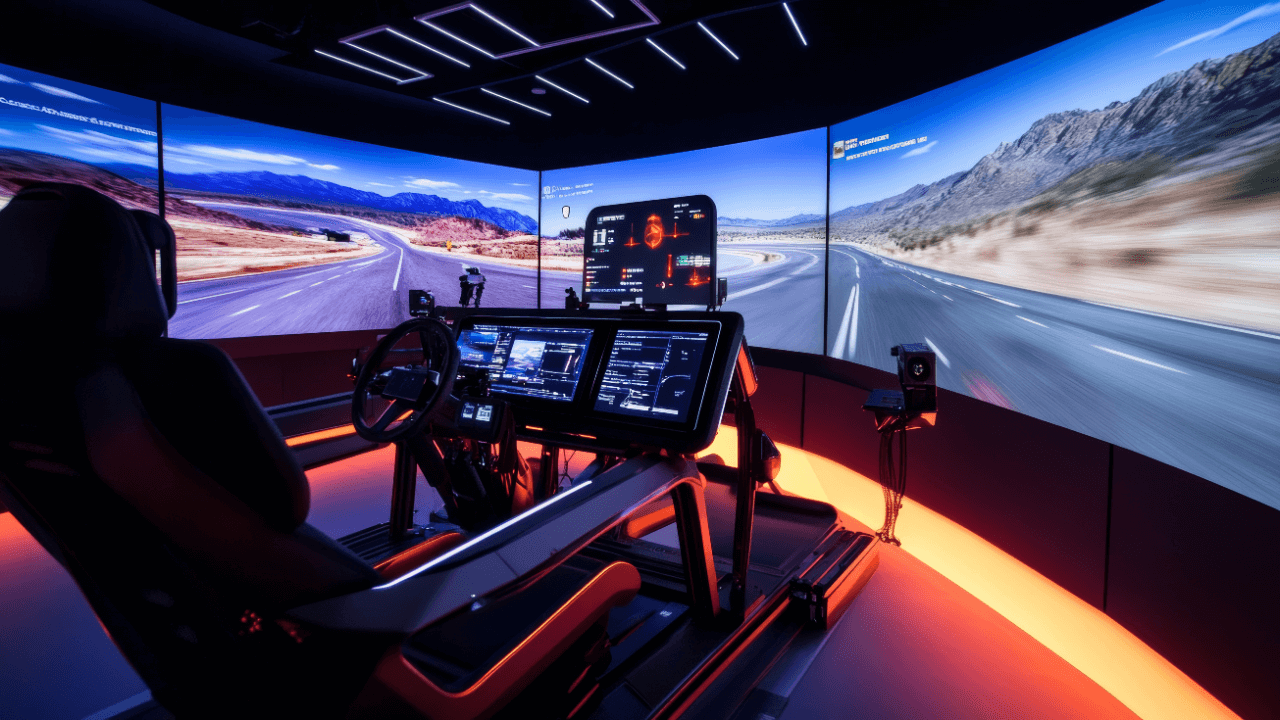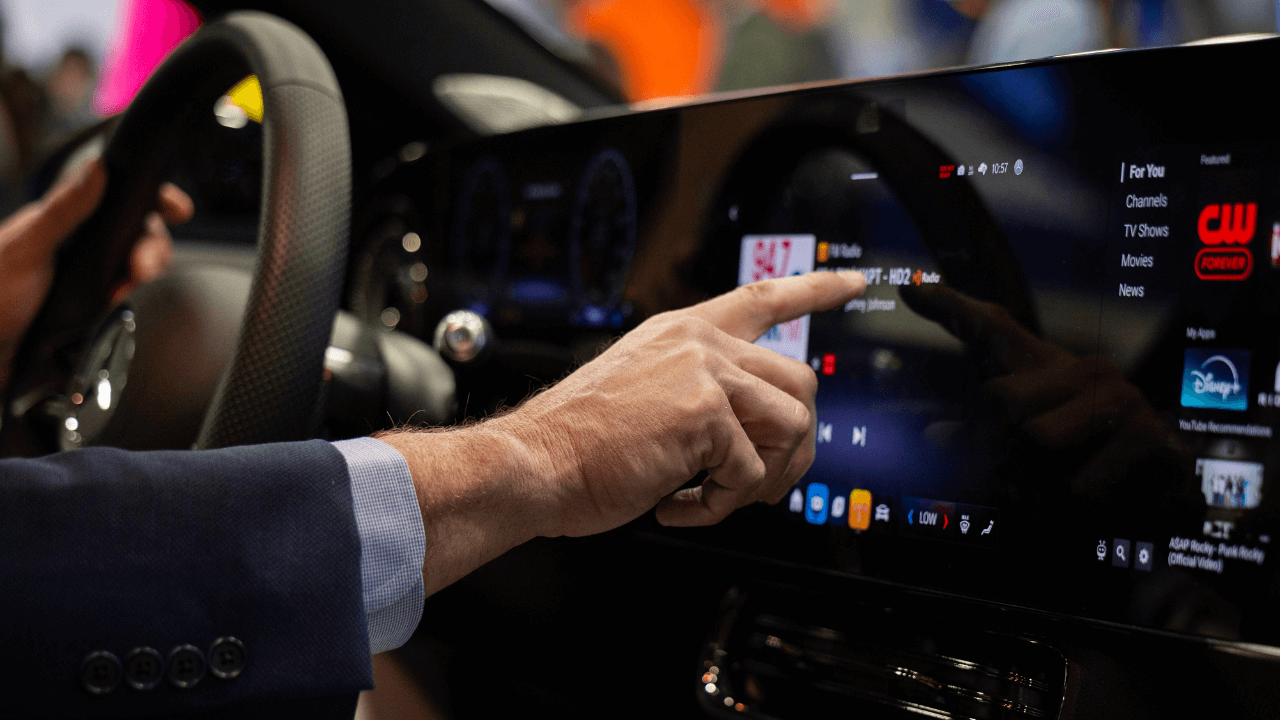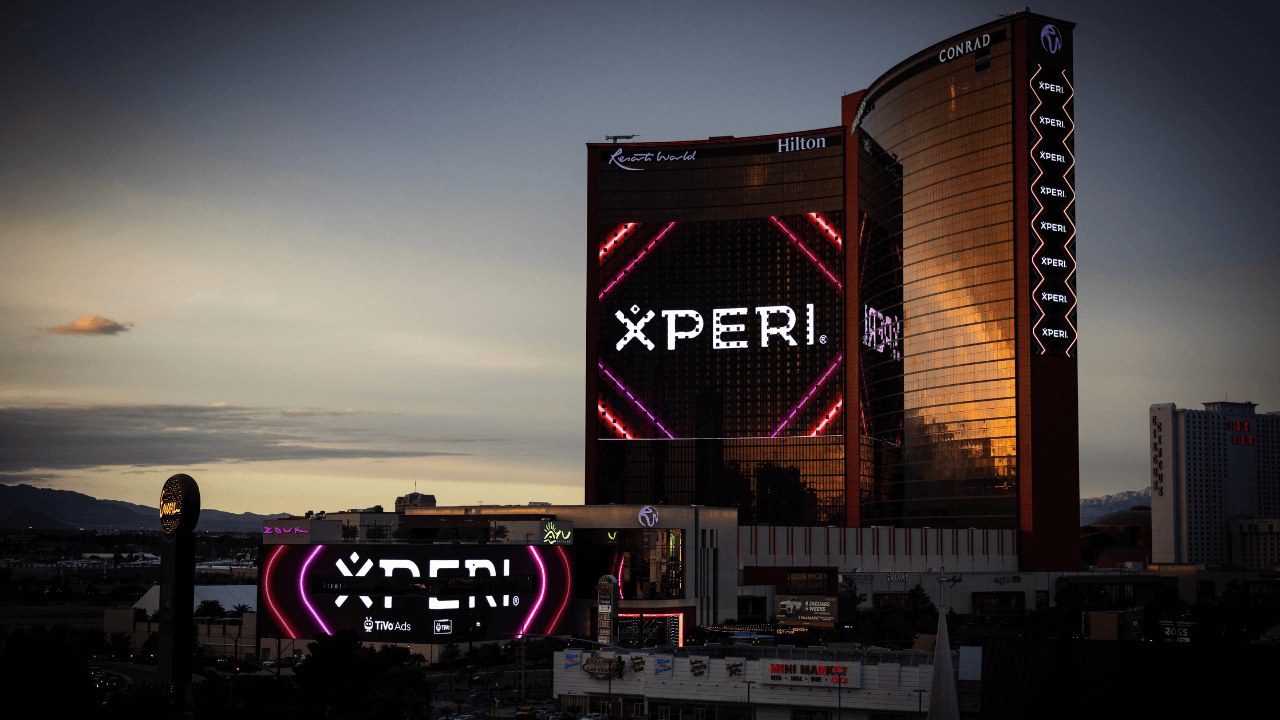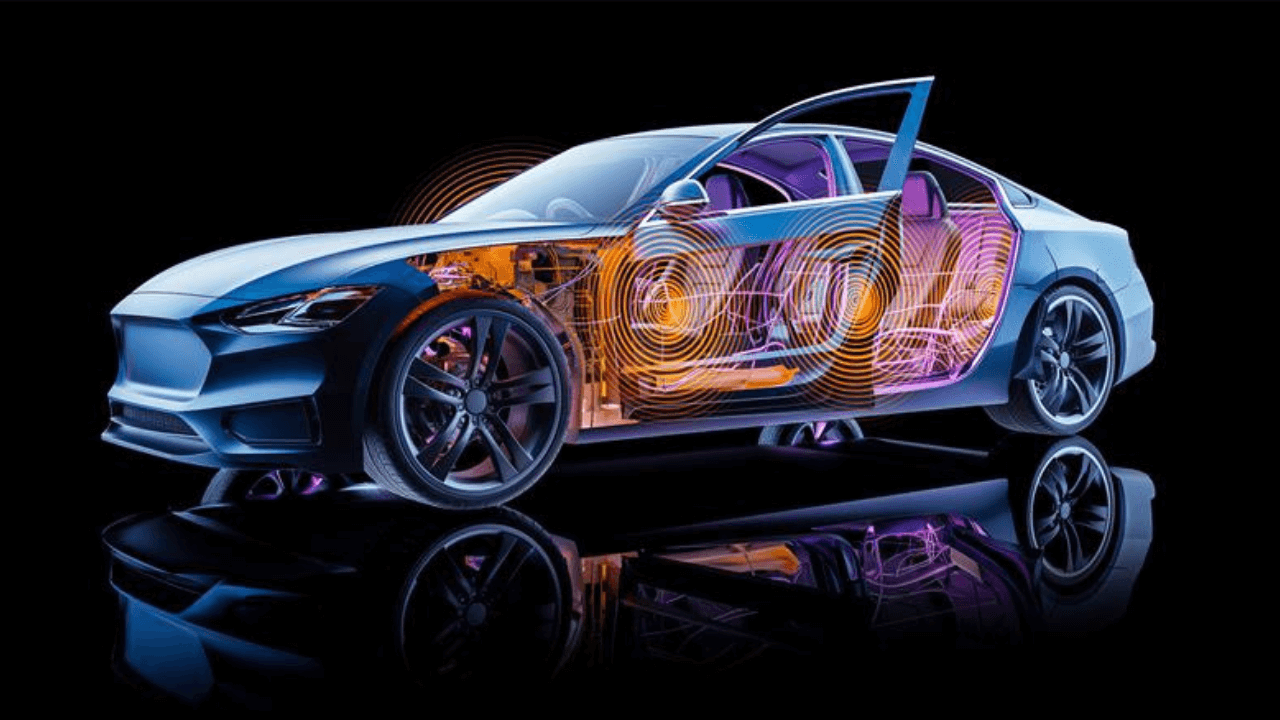The word of the year in entertainment was consolidation. From acquisitions to bundling of streaming services, this consolidation reflects the ongoing challenges industry players faced as they strive to create value. Last year I predicted that we’d likely see a pivot and increase in streaming bundles to provide better choice and greater pricing flexibility, which came to fruition.
This consolidation and bundling will continue, but the changes that are coming this year may feel smaller in comparison to the evolution in 2024. We’ll see existing players move into new markets and spaces, and AI will impact an ongoing battle within advertising. These are the trends that I see as having the power to create meaningful change in the year ahead:
- Taking a page out of their U.S. playbook, big tech platforms will make notable headway in the European entertainment market and claim a stake in sports content.
- Radio stations will tap into their existing audience to drive adoption of video in the car.
- AI will amplify the converging privacy debate in the advertising space, bringing it to a head from a legal perspective.
Big tech platforms make headway in Europe
Big tech platforms like Amazon, Google and Apple have become integral to daily life in America. Over the last few years, they’ve also ventured more actively into the streaming and content production space. While they aren’t the dominant force in entertainment, they’re continuing to take share in producing meaningful content. We’re seeing this more with sports, as big tech platforms signing major deals with the NFL, MLB and MLS.
While this trend continues to unfold in the U.S., the European market — which is currently dominated by traditional media players — will begin to see more significant activity from these big tech platforms like Amazon Prime and Apple TV. It may not be an overnight trend, but with fruitful ground — especially in sports entertainment — these players will more aggressively start entering the European market. In the first half of the year, we’ll start to see these developments unfold. As more long-term agreements are put up for review and renewal, big tech platforms will start to gain more ownership in the market.
Radio stations are the in-car video changemakers
We are still in the early stages of in-car video adoption, and it will take time for there to be meaningful implementation. That said, over the last year we’ve seen an uptick in in-car entertainment. As there are more EV and autonomous features rolled out in cars, like better cruise control, we will see the proliferation of this connected entertainment experience.
But as we look to how real change and momentum forward in video adoption in the car will play out, the most impactful driver will come from perhaps a surprising hero: radio stations. As video content becomes more prevalent over the next year, radio stations have the opportunity to participate in a rich way. Why? Because they have an existing in-car audience.
Radio stations will see success by becoming early adopters and pushing for a more immersive media experience throughout the car, inclusive of video. People spend a lot of time in their cars and driving while listening to the radio. To be able to drive meaningful adoption, video content in the car can be snackable, real-time and focused on relevant, local updates. Radio stations already do this in audio-only format, so if they can start leveraging video, they’ll help drive this rich, in-car entertainment experience.
AI changes the game in privacy & advertising
On the advertising front we are experiencing two conflicting trends: On one hand, devices and entertainment technology are getting smarter, allowing for segmentation and targeting in real-time to personalize the advertising experience. On the other hand, privacy laws are getting stricter at all levels of the U.S. government and internationally.
Next year, this will come to a head as the increased rollout of AI in advertising will amplify regulators’ attention on how smarter advertising impacts users’ privacy. Unfortunately, it isn’t a clearcut right or wrong legal battle. The legal ramifications will impact both the user experience and how advertisers move forward. While AI will speed up this movement, the advertising space was already heading down this path.
No matter how this plays out, consumer privacy will need to continue to be of the utmost importance. Privacy may be seen as a constraint and advertisers may feel like they’re in a “worse” position, but there are workarounds. Contextual advertising — or placing advertisements that are relevant to platform or show’s content rather than the viewer’s behavior — is a way in which we can learn about the programs a user is watching without knowing a lot about them.
These potential changes over the next year may not be at the scale of how generative AI has changed every industry over the last two years, but they’ll propel the entertainment industry forward. At the center of all of this, the focus needs to continue to be on meeting consumers’ entertainment needs and providing a better entertainment experience.



